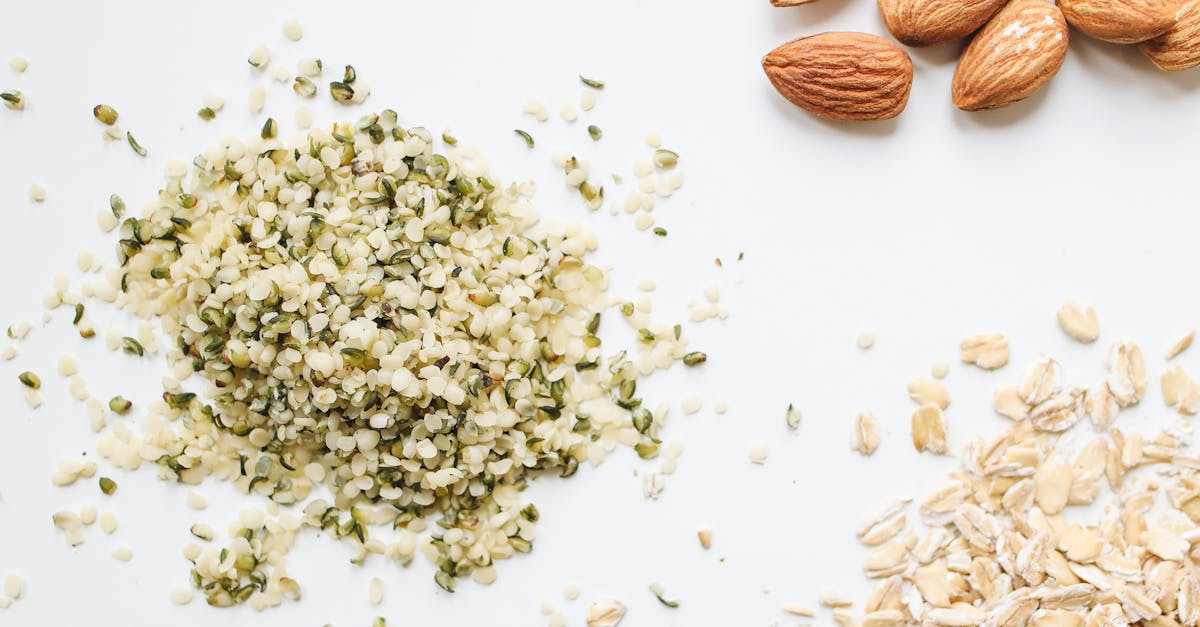The Immunity Playbook: 6 Habits of Naturally Healthy People
In a world where the common cold can disrupt daily life and flu seasons are met with dread, the pursuit of robust health is more relevant than ever. While some people seem to glide through life with nary a sniffle, others find themselves frequently sidelined by illness. What sets these perpetually healthy individuals apart? Is it luck, genetics, or something more within reach? This article delves into the habits of those who rarely fall ill, offering insights into their lifestyle choices that fortify their immune systems. By understanding and adopting these habits, you too can bolster your defenses against illness and enhance your overall well-being.
Habit 1: Prioritizing Quality Sleep

One of the most consistent habits among those who rarely get sick is prioritizing quality sleep. Sleep is not merely a period of rest; it is a critical time when the body repairs itself and strengthens its immune response. Studies have shown that individuals who get at least 7 to 8 hours of sleep per night have a more robust immune response compared to those who sleep less. During deep sleep, the body produces cytokines, proteins that help fight infection and inflammation. By establishing a regular sleep schedule and creating a restful environment, you can enhance your body’s ability to fend off illness, making sleep a cornerstone of good health.
Habit 2: Maintaining a Balanced Diet

A balanced diet rich in vitamins and minerals is another staple habit of those who rarely fall sick. Consuming a variety of fruits, vegetables, lean proteins, and whole grains ensures that the body receives essential nutrients that support immune function. Foods high in antioxidants, such as berries and leafy greens, help combat oxidative stress and inflammation. Probiotic-rich foods like yogurt and fermented products bolster gut health, which is closely linked to immune strength. By focusing on a nutritious diet, you can provide your body with the tools it needs to defend itself against pathogens and maintain optimal health.
Habit 3: Regular Physical Activity

Engaging in regular physical activity is a powerful habit that contributes to a resilient immune system. Exercise increases circulation, allowing immune cells to move more freely throughout the body and perform their protective functions effectively. It also reduces stress hormones, which can suppress immune function when elevated. Whether it’s a brisk walk, a yoga session, or a more intense workout, incorporating moderate exercise into your daily routine can significantly enhance your body’s ability to ward off infections. Consistent physical activity not only boosts physical health but also improves mental well-being, creating a holistic approach to disease prevention.
Habit 4: Stress Management Techniques

Chronic stress is a well-known immune suppressant, making stress management a crucial habit for those who stay healthy. Techniques such as meditation, deep breathing exercises, and mindfulness can significantly reduce stress levels and, in turn, bolster immune function. Regular practice of these techniques helps lower cortisol levels, a stress hormone that can weaken the immune system when chronically elevated. By incorporating stress-reducing practices into your daily life, you can create a more balanced mental state, which supports a stronger immune response and reduces the likelihood of falling ill.
Habit 5: Staying Hydrated

Hydration is often overlooked, yet it plays a vital role in maintaining a healthy immune system. Water is essential for the optimal function of every cell in the body, including those involved in the immune response. Proper hydration ensures that nutrients are efficiently transported to cells and that toxins are flushed out of the body. Dehydration can lead to fatigue and weaken the body's ability to fight off infections. By consistently drinking adequate amounts of water throughout the day, you support your body’s natural defenses and improve your overall health, making hydration a key component of illness prevention.
Habit 6: Cultivating Social Connections

While it may seem surprising, strong social connections are a significant factor in maintaining good health. People who have a supportive social network are generally healthier and have a stronger immune response. Social interactions can reduce stress, increase feelings of well-being, and even encourage healthier lifestyle choices. Positive relationships provide emotional support, which can buffer against the negative effects of stress and illness. By nurturing friendships and engaging in community activities, you can enhance your immune system and enjoy a longer, healthier life. Social well-being, therefore, is an integral part of a holistic approach to health.
Adopting a Healthier Lifestyle

The habits of those who rarely get sick are not secrets but rather conscious lifestyle choices that anyone can adopt. By prioritizing sleep, maintaining a balanced diet, engaging in regular physical activity, managing stress, staying hydrated, and cultivating social connections, you can significantly enhance your immune system and reduce your susceptibility to illness. These habits are interlinked, each supporting the other to create a comprehensive approach to health. By gradually incorporating these practices into your life, you can protect yourself against common ailments and enjoy a more vibrant, illness-free existence.
